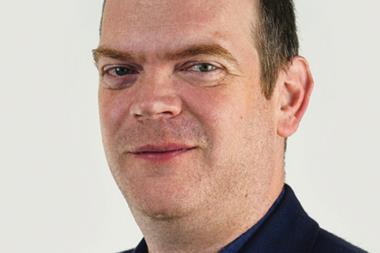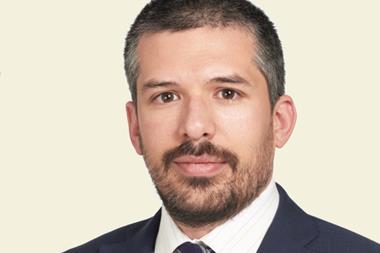Illiquid investments have so far absorbed much more limited losses than their liquid counterparts this year. Illiquid exposures have consequently exceeded bandwidths for many pension funds, but pension funds are mostly hesitant to accept discounts and stick to their investments, with some notable exceptions.
In order to restore the balance between liquid and illiquid investments in its portfolio, the €65bn pension fund for construction workers Bpf Bouw will sell half of its hedge fund investments.
Other pension funds are also retreating somewhat from illiquid investments. Several clients of Aegon Asset Management are withdrawing funds from mortgage funds, and Shell pension fund is limiting capital calls for private equity managers as allocations to private markets are exceeding pre-set bandwidths.
At Bpf Bouw, exposure to private real estate and alternative investments has increased from 29% at the end of 2021 to a whopping 40% at the end of September 2022.
Were such an increase to happen for liquid investments, this would automatically lead to a significant rebalancing of the portfolio. But with illiquid assets, the case is not as straightforward, according to Erik Hulshof, a former trustee at the fund.
Hulshof said: “As far as our illiquid investments are concerned, we work with so-called signal limits instead of hard bandwidths, because you can’t buy or sell these investments at short notice. If we hit such a limit, we will discuss whether to accept exceeding the limit or not. There’s no obligation to buy or sell, which is the case with equities and bonds.”
Unique
According to Hulshof, it’s “quite unique” that illiquid investments have exceeded bandwidths by such a large margin. “I haven’t seen this before during my time at Bpf Bouw [from 2014 to September 2022]. But it’s also a kind of luxury position, since these investments have done very well, especially in comparison to equities and fixed income.”
Gosse Alserda, senior investment strategist at Aegon, speaks of “an extraordinary situation.” He said: “Some years ago we conducted stress tests for clients to see which effect an extreme drop of equity and bond markets would have on exposure to illiquids. I wouldn’t have expected theory to become reality this fast.”
“I wouldn’t have expected theory to become reality this fast”
Gosse Alserda, senior investment strategist at Aegon
Alserda added: “The outcome of the stress test was that most clients would not exceed their bandwidths by extreme amounts in such a scenario. For some clients we opted for a mix of listed and non-listed real estate so that we could easily bring real estate weightings back within bandwidths [by selling part of the listed exposure].”
Shell’s pension fund confirmed in a written reply that exposure to illiquid investments has “increased considerably.” In 2022 the scheme’s private equity allocation exceeded bandwidths while hedge funds and real estate hadn’t yet.
Hedge fund sale
Bpf Bouw, Aegon AM’s clients and Shell pension fund have responded in different ways to their increased allocation to illiquid investments.
Bpf Bouw decided to sell part of its hedge fund investments. “We are doing this gradually over a period of one to two years. Our hedge fund portfolio also includes strategies that are relatively liquid and can be sold quite easily. Besides, hedge fund strategies often have a duration of just one to two years. By selling gradually we can keep the profile of the portfolio intact,” Hulshof said.
He noted that it’s more difficult to sell private equity investments. “However, in cooperation with our asset manager APG we have been able to sell a number of companies in our portfolio on the secondary market without accepting discounts.”
Besides, Hulshof expects the equity bear market to translate into lower valuations for private equity over the medium term which should bring private equity allocations back in sync a little more.
Aegon AM’s Alserda said pension funds are hesitant to sell private equity and real estate investments. “In conversations with fund boards I noticed they find it undesirable that illiquid investments have exceeded bandwidths. But they find it even more undesirable to accept discounted prices.”
Shell Pensioenfonds has, on the other hand, sold €700m worth of private equity investments after its allocation to the asset class had exceeded bandwidths by the end of 2021. Since then, the exposure has exceeded pre-set limits once more because of the public equity market crash. The fund’s board then decided to limit new commitments to its private equity managers.
The latest digital edition of IPE’s magazine is now available















